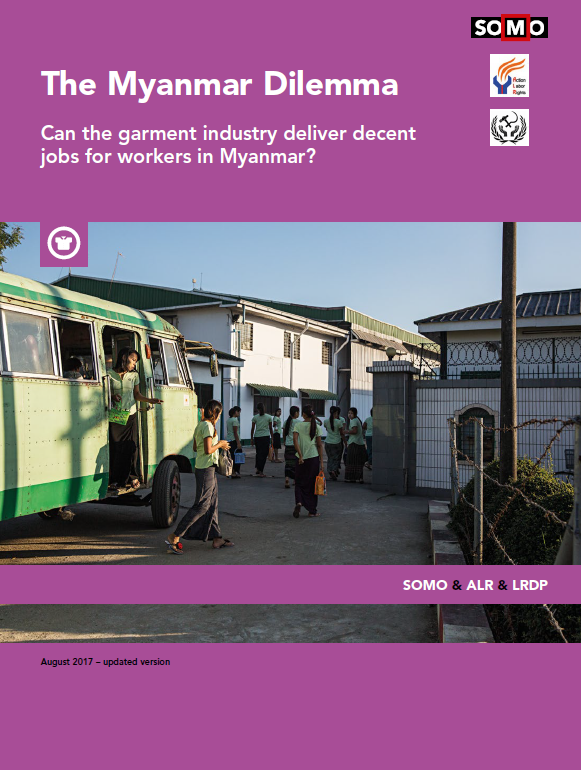Fatal Fashion: Analysis of Recent Factory Fires in Pakistan and Bangladesh
PublicationsThis report describes in detail two recent cases of factory fires that swept through the facilities of two South Asian clothing manufacturers producing for international brands. These cases are exemplary for the poor health and safety conditions of ...Read More

